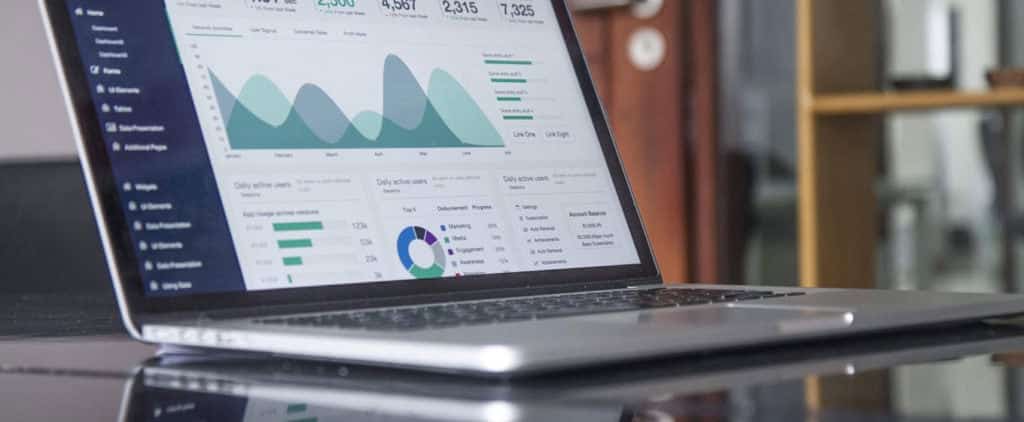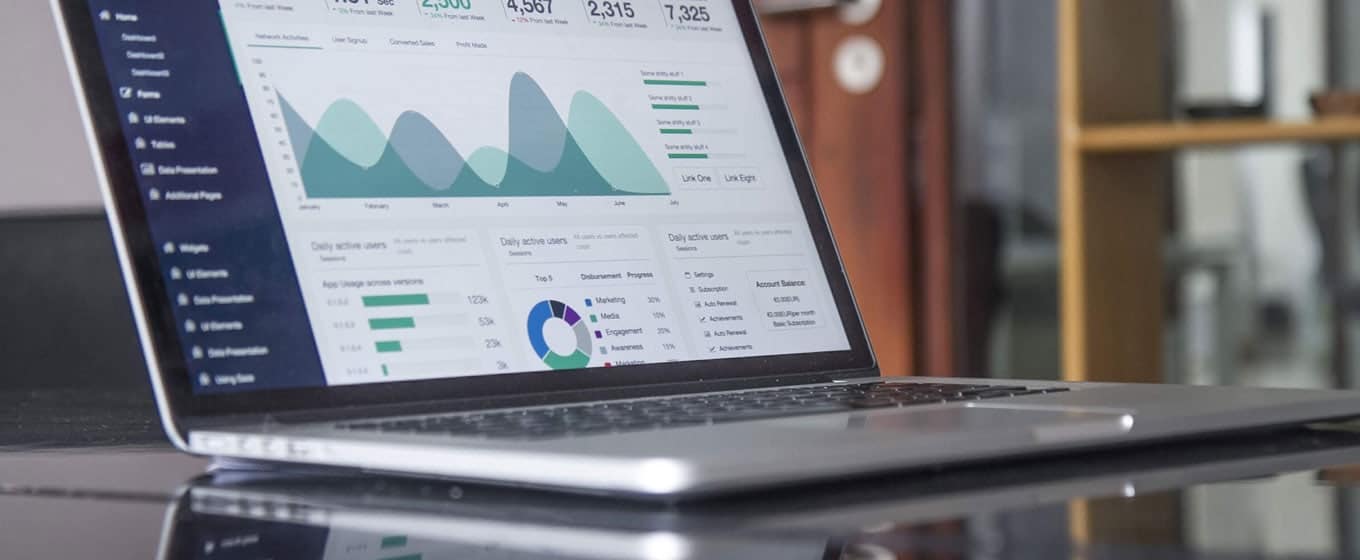Self-employment is rising every year in the UK – the latest data shows that the number of people who were self-employed in the first calendar quarter of 2019 (January to March) increased by 90,000 on the quarter to reach a record high of 4.93 million. Between March 2018 and March 2019, the number of self-employed people increased by 180,000.
Some suggest that this is attributed to a difficulty in finding well-paid employed roles, other theories are that companies are more keen than ever to outsource functions such as marketing, HR, sales and admin in an attempt to side-step onerous employment obligations such as pensions, holiday, health and safety and rising wages.
Whatever the real reason – the result is a growing number of people who have never ran their own business before, suddenly responsible for submitting tax returns and financial record keeping – but why do so many still do this using basic excel?

Awareness of cloud-based accounting
Although many people seem to have heard of the most popular pay-monthly accounting subscriptions, few really appreciate the impact they have on the management and growth of their business. Seeing it as simply an unnecessary ‘added cost’ where there is a cost-free alternative.
However, this is short-sighted; at the very least, the cost of this sort of software would easily offset itself in accounting fees pertaining to the reduced administration of handling paper receipts and reconciling transactions manually. But more crucially it gives businesses visibility of their income and expenditure in a granular way that simply is not possible with a spreadsheet.
The ability to compare spending in certain areas, such as marketing, payroll, cost of sales etc between weeks, months, quarters and years is powerful data when it comes to scrutinising the management of your business and looking at ways to increase profitability. Although this can be achieved with a spreadsheet, if you have plenty of complex formulas and filtering within the document, it is much easier and more user friendly to run a report comparing the relevant periods you want to take a closer look at.
Easy reconciliation
Not everyone is aware that accounting systems (which are relatively inexpensive, typically ranging from £10-40 per month) automatically import transactions from your business bank account after the first initial set-up.
They are compatible with most UK bank accounts. The data is updated in real-time, meaning that you can log into your software portal and see your current bank balance (often saving the hassle of logging into your bank account separately to see if a payment has been made). Being able to reconcile those transactions by simply tapping a button to indicated what category of spending it falls into – marketing, rent, travel expenses, make record keeping simple and you can of course attach receipt to each transaction. This is especially handy for business owners who accumulate lots of petrol and expense receipts that can be easily lost long before the self-assessment date.
Changes to accounts reporting
Some will be aware that the government is planning quarterly reporting for non-VAT registered sole traders and SME’s, and although it has been pushed from April 2020 to 2021 at present (possibly pushed out further) it is more than likely going to come to fruition at some point over the next few years.
When this happens, it will be a straightforward transition for businesses using accounting software as the information is already prepared and reconciled for submission at the touch of a button – but those operating with ledgers and spreadsheets will find the changes to be quite overwhelming in their administration, with many struggling to get their accounts in order once per year let alone every three months.
Businesses are advised to embrace and adopt new technologies as early as possible to reduce the burden further down the line, as Britain looks to become more digitally enabled in its collection of financial information from businesses in the future.
This advice is provided by Philip Brennan – MD of leading comparison website BusinessComparison.com






I know why I used a spreadsheet. Simplicity and control. As an IT contractor on the income side I had to record billable days and get paid for these once a month. On the expenditure side I had expenses (hotel and travel), VAT and payments of salary (including tax and NI). As a non smoker fag packets weren’t an option but a years figures would have fitted on the inside of a cereal packet. Since everything reconciled back to bank statements why would I want to pay for software that was outside my control and then spend time reading the manual to get it to do what I wanted?
Because a spreadsheet gives you very little control actually, say your travel costs box for Feb 2020 currently says £321.68 and then you find a £4.60 Subway receipt in your car, you will be looking thinking ‘Hmm does that £321.68 already include this Subway receipt, I can’t remember if I added it already and I have no way of seeing what that £321.68 made up of”
In accounting software (which is hardly expensive, QB Self employed is about £9 a month) Will show me exactly how much I spent on travel expenses in Feb 2020 and then when I click on it, it’ll show me all the individual transactions – by date – and with the receipt digitally attached.
Furthermore, your accountant is going to charge you a lot less for accounts with transactions all reconciled and a receipt photo attached than a bag of receipts and an excel spreadsheet, I personally wouldnt want to sit there and manually add up a years worth of receipts.
Great article – I have to say the bank reconciliation is by far my favourite feature on a daily basis